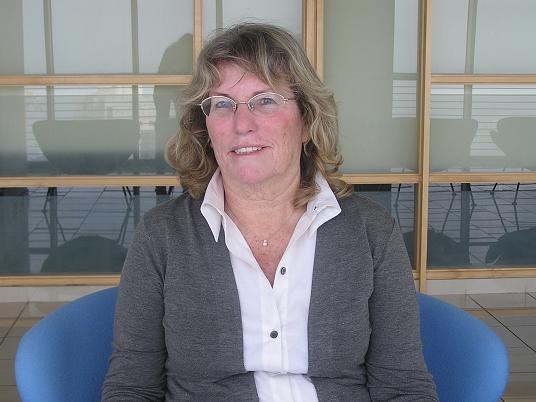IBM unveiled a series of projects to develop strategic solutions in the field of water with the opening of the World Water Forum in Istanbul

Researchers at the IBM research laboratory in Haifa are developing technologies to deal with water leakage problems in transmission piping systems. The activity at the IBM research laboratory in Haifa is part of a global IBM project to develop strategic solutions for water management.
IBM's researchers in Haifa are developing computational learning systems for this purpose: algorithms and computers that will know how to predict leaks and locate problematic pipeline sections - on the way to optimizing pressures and ongoing maintenance activities of this pipeline.
BMW estimates that such an optimization will make it possible to save water and also in the energy consumption required to pump it. IBM's research laboratory in Haifa collaborates with companies in Israel, which will enable the development and implementation of new methods of optimization in the existing water systems.
Panina Wartman, the director of business development and solution innovation at the IBM research laboratory in Haifa, stated that "smart management of the water sector is a challenge facing every government and, in fact, every business, anywhere on the planet. Without sufficient insight into the use of water in both the short and long term - we may face failures when it comes to ensuring access to quality water, costs, reclamation and reuse of water."
Wortman explains that "IBM applies its proven expertise in building smart systems and data analysis - in order to enable companies and governments to proactively and effectively deal with the complex issues related to water supply. Many of these issues may be better understood and better managed as we know how to collect more data and derive new insights from them."
Wortman also mentions that according to data from the World Health Organization, one in five people in the world already suffers from a lack of drinking water - while the world's population is expected to jump and grow by 50% and number nine billion people in 2050. In the US, 3.9 billion dollars are currently being invested per year in government funds that carry out projects in the field of water purification and conservation of water sources. The effect of the lack of water is expected to be felt in the business world as well: the production of a single pair of jeans requires the investment of 10,855 liters of water in the cotton growing and processing processes. Producing a kilogram of potatoes requires an investment of 246 liters. Market analysts in the US predict that just as companies are currently required to provide data on the emission of carbon pollutants in their production processes, or by the products they offer on the market - information regarding water consumption will also be required in the future.
The basket of solutions in the field of water that IBM revealed with the opening of the World Water Forum in Istanbul, includes tools for monitoring natural water sources, while integrating information coming from a wide variety of sensors, analysis tools and imaging systems - which enable measurement, building models and management of water levels, their use and water quality.
Another area of activity of IBM focuses on water supply services and the optimization of the various business processes carried out within them. In the field of water infrastructure, IBM strives to provide sensor systems for overall management, improved measurement systems that will integrate data coming from various sources in order to enable optimal end-to-end management.
At the same time, IBM announced a scientific breakthrough in this field. A new membrane for water filtration, developed by IBM in collaboration with a Japanese company and a scientific center in Saudi Arabia, uses a unique chemical process that enables significantly more efficient filtration than traditional filters. When polluted water is flowed under pressure through this membrane, it filters out salts and certain types of toxins - and passes only pure water through it. This unique membrane may also be resistant to damage caused by chlorine.
